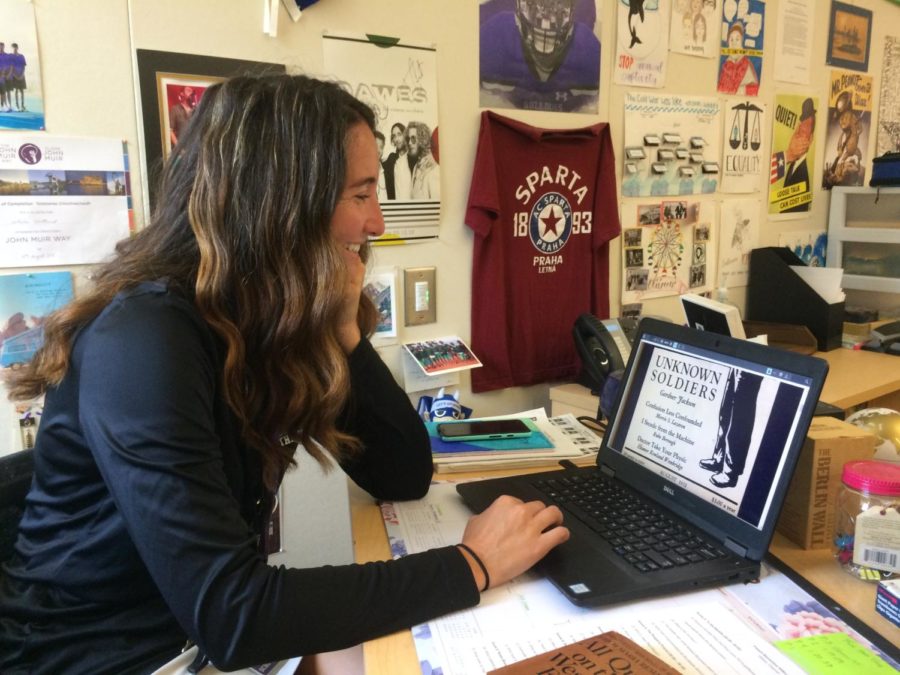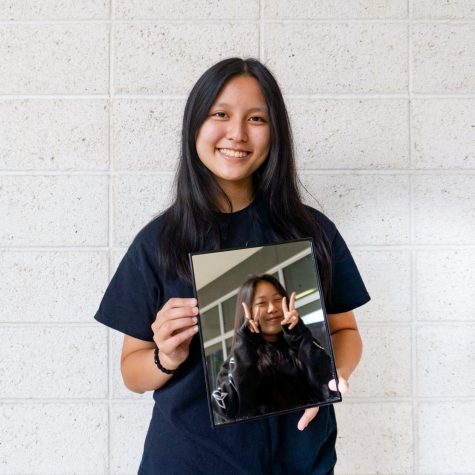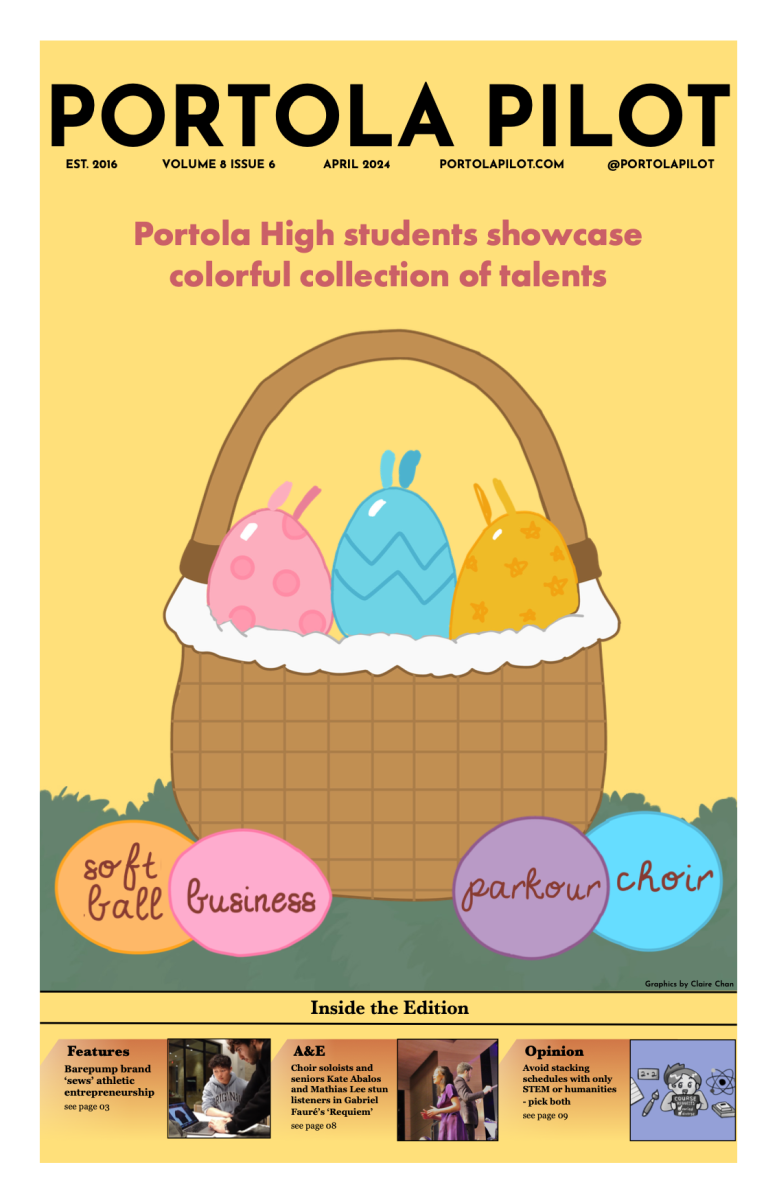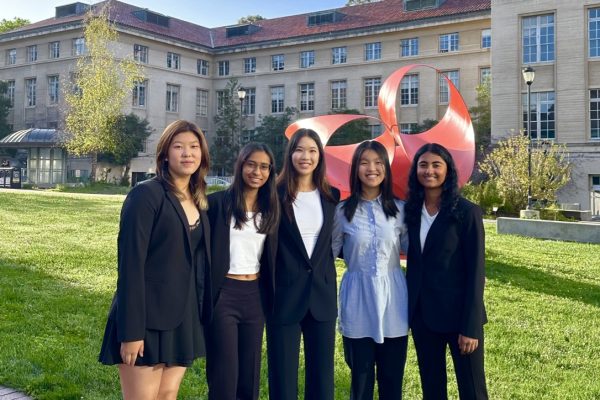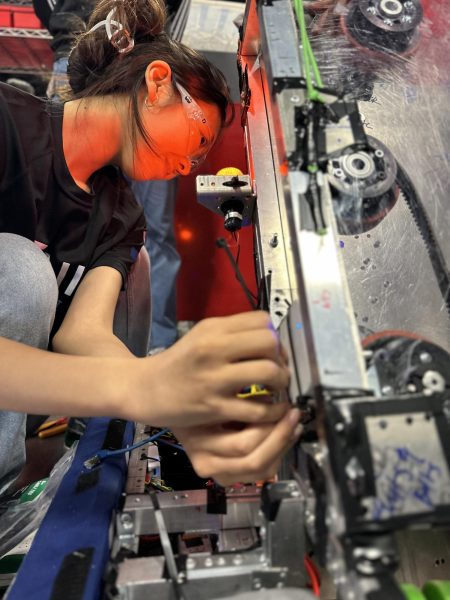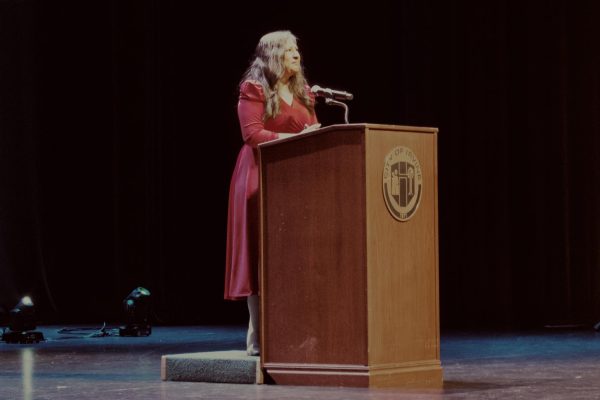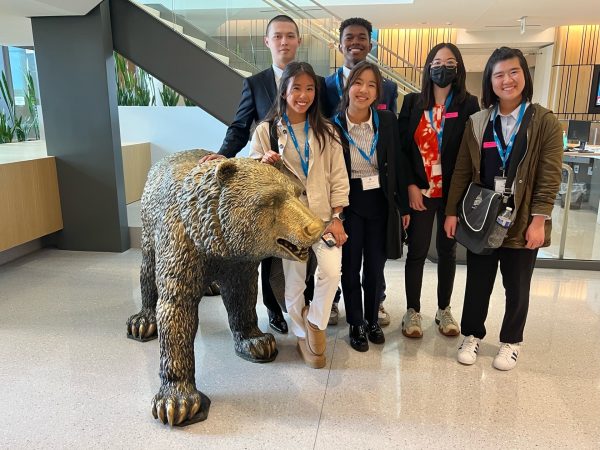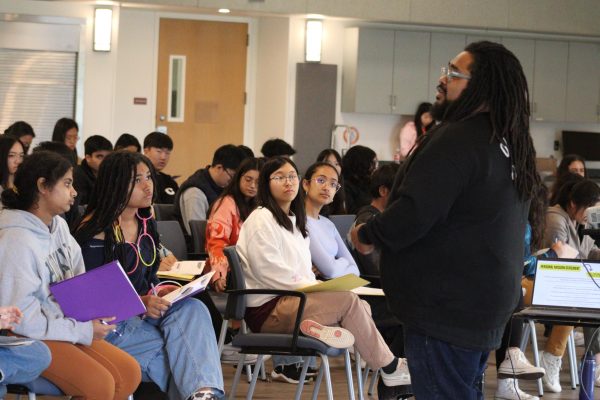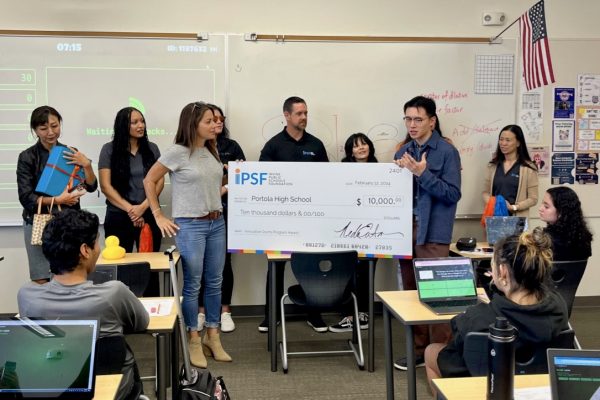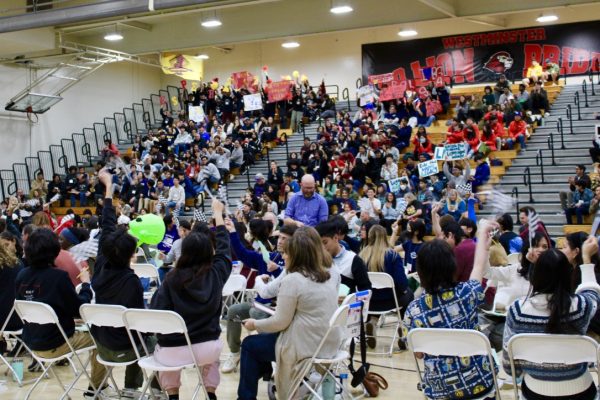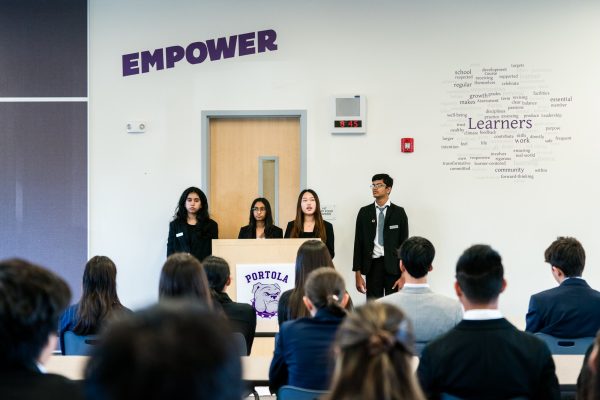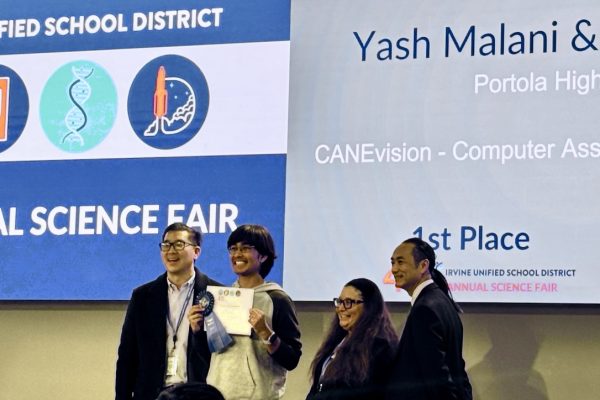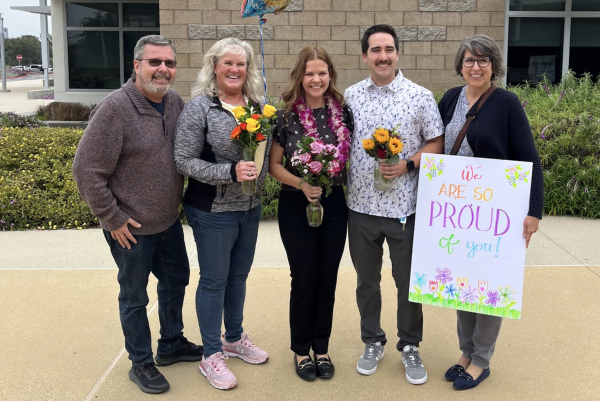NHD Grants Scholarship to Social Studies Teacher for Honoring the Past
Social studies teacher Natasha Schottland reads through an online copy of Gardner Jackson’s magazine article “Unknown Soldiers.” Although some of the resources from the scholarship are in print form, all of the learning, including lectures from professors and communication with other teachers, occurs digitally.
October 10, 2019
After sending in an application during the summer, social studies teacher Natasha Schottland was awarded a World War I (WWI) scholarship from National History Day (NHD). From Aug. 16 until Dec. 16, she will have the opportunity to participate in monthly webinars with WWI professors, host discussions with teachers across the country and gain access to exclusive primary and secondary sources. To foster a greater appreciation for the war, Schottland will begin integrating this new information into current classroom lessons
“A lot of these primary and secondary sources, especially the primary sources, would be really great to get your hands on because it’s history from the time period,” social studies teacher Heidi Martasian said. “And so reading about some of these personal experiences from WWI just builds that personal connection to history.”
Since WWI represents the first example of mechanized warfare, its impact on the way modern wars are fought is significant. With the resources afforded to her, Schottland’s main goal is to teach students about the connection between WWI and modern society, especially regarding veterans’ rights.
“The treatment of veterans, for me, is the biggest thing that rings out in my reading,” Schottland said. “The way that we treat veterans today is a little bit better than in WW I, but not good enough. Why is it that it’s been over 100 years, and we still can’t get that right?”
Post-traumatic stress disorder, then known as shell shock, was prevalent following WWI. Despite their clearly deteriorating mental states, soldiers returning from war were largely overlooked.
This mistreatment continues today. By introducing resources from the scholarship, Schottland said she hopes to engage students with this issue, sparking conversation and eliciting understanding.
“[Schottland] was able to really impart to us the message of what veterans are doing for our country and the devastating effects that veterans face after wars,” sophomore Sabreen Alam said. “She did a very great job making us empathize and connect with these people who have served our country. And I think that, with these resources from the scholarship, she’d be able to do even more.”



